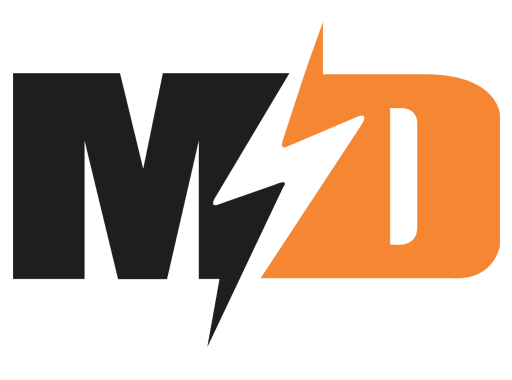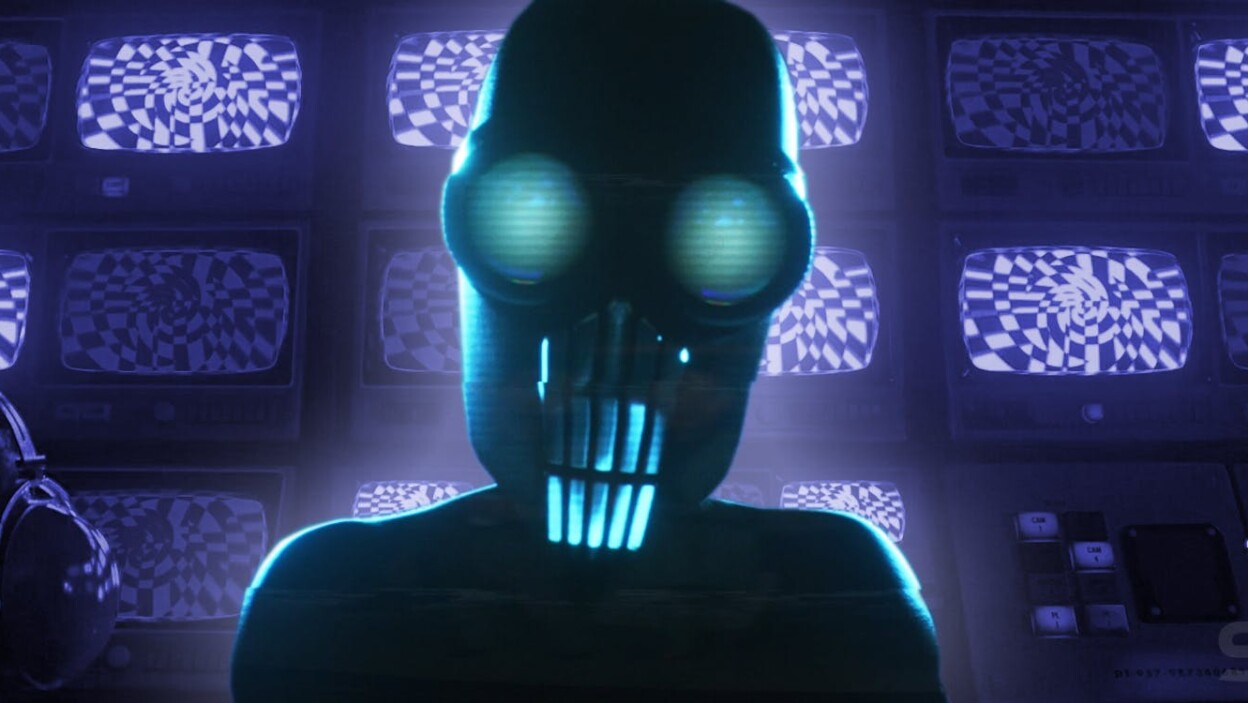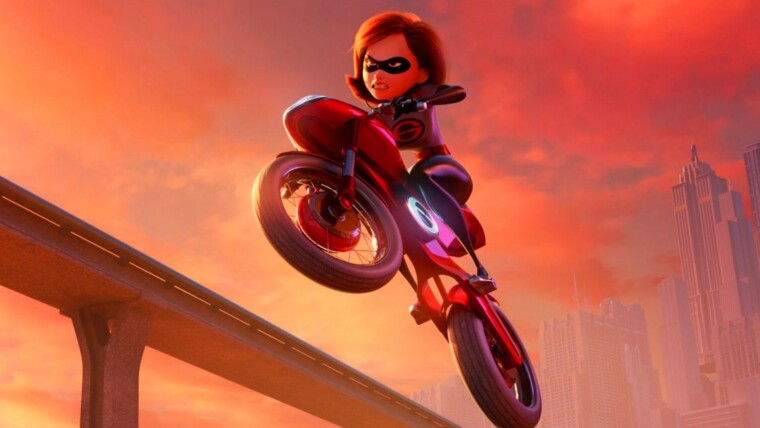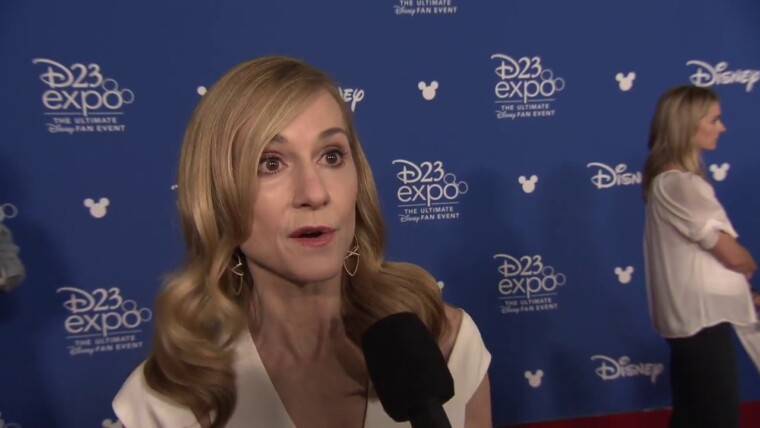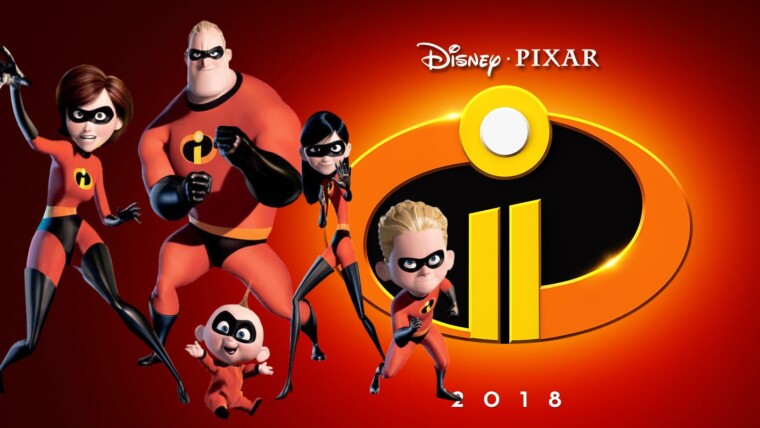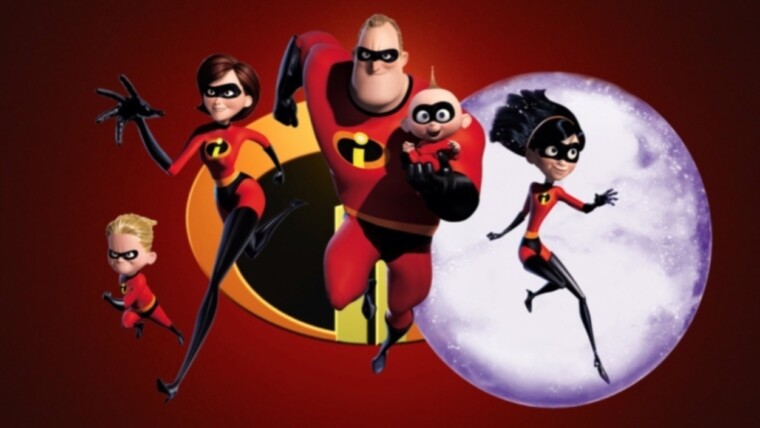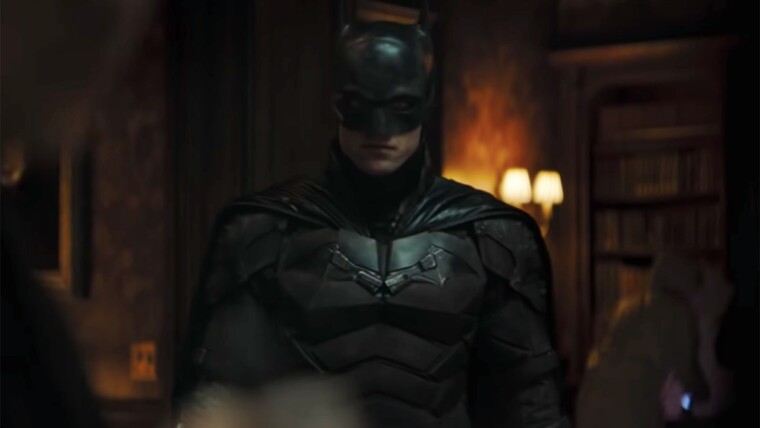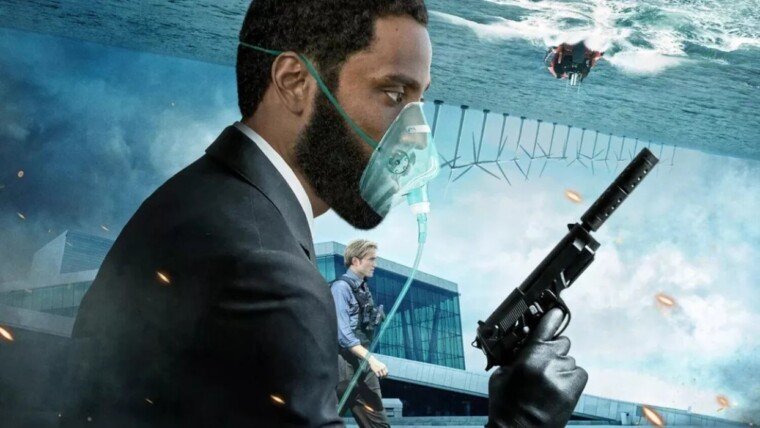In an age of creative bankruptcy and prepackaged nostalgia, Incredibles 2 is a rare exception to the slowly but surely solidifying rule. Any scepticism that my peers and I had carried when entering the hall was quickly melted away upon watching the superpowered Parrs on screen again. Because unlike like Terminator: Genisys or 2016’s Ghostbusters, Incredibles 2 doesn’t try to reinvent, gender-swap or emulate its predecessor. It merely picks up where it left off and brings it over to its logical next step. Much to the relief of worried fans, closeted sexists and a fatigued post-MeToo audience, the film does not try to shoehorn an overtly preachy feminist message via Helen aka Elastigirl. In fact, the reason why she was chosen to be the face of the Supers’ community is far more economical than it is ideological. The action was great, the family dynamics of the Parr are just as endearing if not more than ever and it definitely delivers the laughs here. That being said, there was something that bugged me on the way back from the film.
 I still found myself reluctant to definitively proclaim this as the better instalment over the original. And while a case could certainly be made for how the sequel excels in a number of aspects in comparison to its 2005 counterpart, a key component of the film was still a subject of great contention: the villain, Screenslaver. Arguably a good antagonist does not ensure the quality of a film. However, it is still worth noting that they can elevate the film and if used properly and add layers to the drama on screen or move the plot forward in exciting directions.
I still found myself reluctant to definitively proclaim this as the better instalment over the original. And while a case could certainly be made for how the sequel excels in a number of aspects in comparison to its 2005 counterpart, a key component of the film was still a subject of great contention: the villain, Screenslaver. Arguably a good antagonist does not ensure the quality of a film. However, it is still worth noting that they can elevate the film and if used properly and add layers to the drama on screen or move the plot forward in exciting directions.
Knowing what a complex and captivating antagonist and villain can do for a film I found myself confronting a few prickly questions. Is Screenslaver’s motivation in the film compelling? How much of an impact does she actually make in context to the Incredibles universe? Was she really pivotal to the plot? Is the villain here the thing that perhaps held the film back from reaching its full potential? And most importantly, does the Incredibles 2 suffer from a weak villain? It’s time suit up and find out and in case you couldn’t tell, spoilers ahead.
The Dynamic Duo
There are two things that are required to make a great villain, ethos and pathos. An ethos is the driving principle or the character so to speak that defines a moral ideology and its agents. The “character” behind the character. Pathos, on the other hand, appeals to the emotions of the audience by way of empathy and tragedy. A prime example of these two elements working in tandem to form a memorable antagonist would be the Joker from Alan Moore’s critically acclaimed Batman graphic novel, The Killing Joke.
The Joker’s nihilistic and sadistic outlook on reality (his ethos) is derived from the tragedies that have come to damage his existence like the death of his pregnant wife (his pathos). Her death was the culmination of a life of hardship that finally broke him to become the madman he is now. This complex and yet clear correlation between pathos and ethos not only creates an active and strong character but it also allows the audience to understand and empathize with the villain.

Let’s take a look at Screenslaver’s backstory and motivation. Screenslaver’s identity is Evelyn Deavor, the sister of telecommunications mogul and Supers supporter Winston. Long story short, her parents were murdered when robbers broke into their house at night. Her mother wanted to hide or find a way to defend themselves but her father, a strong advocate for Supers, refused to do so. Instead, he chose to attempt to contact their local superheroes to come save them.
However, they never came due to the lines being cut because of the government ruling that Supers were illegal. Her father perished from the attack and her mother went shortly after. She blamed their deaths on their overreliance on superheroes, deeming it a childish and detrimental fantasy that robs people of agency. Using her genius level intellect and manipulation skills, she creates and eventually becomes the villain Screenslaver. Her goal is to wake people up to the dangers of Supers and prevent Supers from becoming legal again.

Her motivations and actions, unfortunately, raise more questions than they answer. Before she met the Incredibles, Supers were already illegal, so why would you go through all this trouble just to make a point that they should be illegal? Wouldn’t it have been just easier to brainwash the whole public into hating heroes? Or maybe even just hypnotize some Supers to commit crimes to make a point? She already had access to her brother’s resources, so she could have done that anytime!
Furthermore, it’s a HUGE leap in logic to correlate “my father died because of his belief in Supers” to “superheroes are the reason why family died”. An equally sound case could have be made that your father died precisely because they were no superheroes to save him. It comes off sounding pretty shallow and childish when you think about it. Also, the “superheroes are the ones who create their villains” angle here feel far too reminiscent of the first film, except Syndrome did it better.
With Great Power

I do have to admit however that the concept and idea of Screenslaver is a pretty cool one. When I first saw the villain in the official trailer, I was digging the guy (or rather gal) with his edgy black suit and dad level pun of a name. Also, Screenslaver actually makes for a fairly powerful opponent if you think about it. She can enslave the minds of anyone that comes into contact with screens, simply by hacking into their devices. In this day and age when our lives are so interconnected with technology, she could really cause some major damage. At the climax of the film, Screenslaver begins turning the Supers that her brother had employed to her mindless thralls.
Gotta give credit where credit is due, the lady had one badass group of brainwashed metahumans on her side. Furthermore, she is quite the manipulator. She managed to keep Elastigirl off her scent for quite a while and the way she used an innocent pizza guy to take the fall for her was cold-blooded. Safe for the audience, she had everyone fooled. Nonetheless, it’s a shame that she didn’t have more to do in the film.

If only she hadn’t spent a good chunk of the plot setting up elaborate schemes that lead to nowhere and a little more time on building up an army of hypnotized Supers. Now that would have made for some kickass moments. Instead, she has the heroes read some vague monologue to frame them as power-hungry villains and then have all the ambassadors of the world hypnotized to prevent them from signing the Supers legalization act. As grim as it might have sound, it would have been more effective if she just had the heroes well…murder the ambassadors. I know, I know! It’s a kids film, maybe they still could have roughed them up or something. The point is, she was not maximizing her assets to the best of her capability. I can clearly see what Pixar was going for with this villain and I acknowledge the amount of effort they put into character design and concept but sadly it was not without flaws.
Pointless to the Plot
I’ll be frank. In terms of furthering the narrative, Evelyn does squat. The hallmark of a competent, if not memorable villain is the lasting damage and impact that they leave behind in the lives of the protagonist. For example, even when Sauron was defeated and Middle Earth was free, Frodo still felt the pain of carrying the burden of the Ring, his evil had left wounds that ran deep in the Hobbit’s soul. Or on a more positive note, Scar’s tyranny had forced Simba to become a more assertive leader within his pride and the experience of overthrowing his uncle made him a better character. We don’t see that at the end of the film. The Supers that were going to be legalized still got legalized, and there was no real debate or contemplation about it. Her plan had failed so utterly, it failed to convince anyone that Supers were a threat. The public is no more wary of Supers than before she had launched her nefarious scheme.

In fact, she played a pivotal role in ensuring that they became legal. She provided Elastigirl with all her gadgets and kept the heroine going when she doubted herself. If anything, it seemed like she was aiding them until she wasn’t. Her plan would have worked better if she just hadn’t done a thing. Winston would not have been able to do any of his marketing or lobbying without her technical support. For a world-class tech genius, she sure didn’t think this one through, I’ll tell you that much!
Verdict’s out on this one, guys. Screenslaver is indeed a weak villain. The sad thing is that she didn’t have to be. We could have had a pretty rad villain if only the writers and producers had spent a little more time working on her origin story and plan instead of trying to set up a twist the audience saw a mile away. As much as Incredibles 2 is a super fun film for the summer, its one weakness prevents it from truly reaching heroic proportions.
